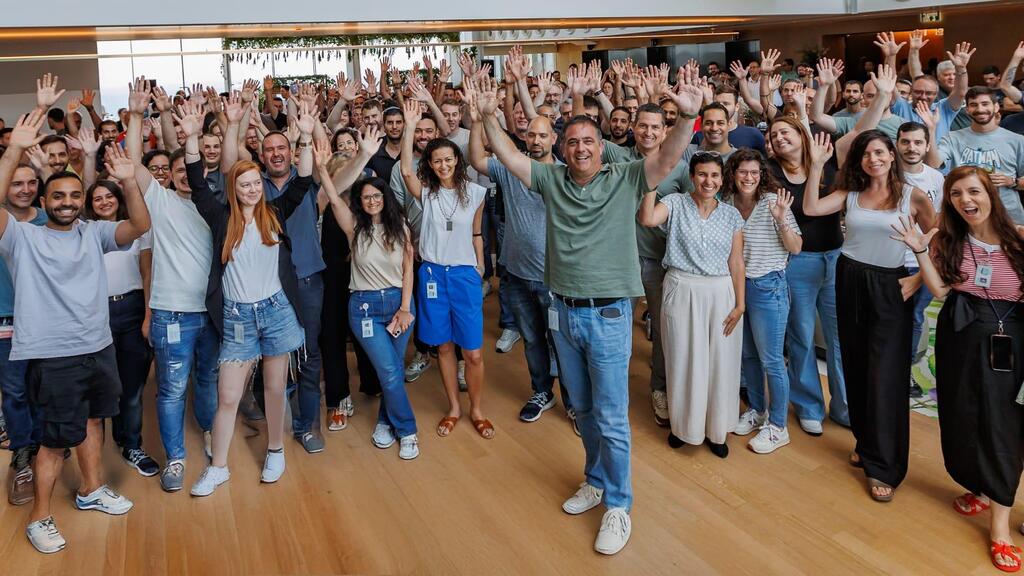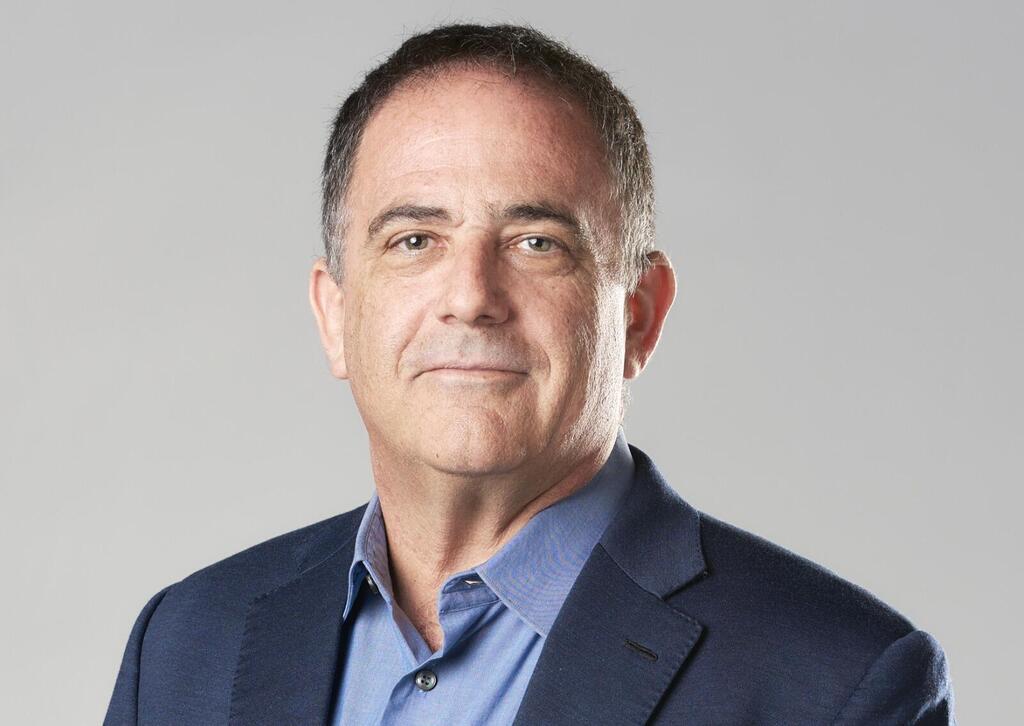Israeli cybersecurity company Cato Networks is preparing for a NASDAQ listing, having just announced its ninth funding round (Series H, according to SNC) totaling $359 million. This round values the company at $4.8 billion. In total, Cato has raised $1.13 billion to date. About one-third of this round is secondary funding—that is, the sale of shares by a few hundred long‑standing employees, earning them roughly $100 million collectively, with each person receiving at least several hundred thousand dollars.
Co‑founder and CEO Shlomo Kramer admits the raise was not financially necessary for Cato —“we didn’t need a single shekel”—but says the company is on the verge of profitability. He explains that all their financial moves are geared toward a future IPO: the funding round significantly increased the company's valuation, which can influence the IPO pricing. The secondary share sales help employees “meet the money” earlier, ensuring their loyalty post-IPO. Some of the investors are “pre‑IPO” investors who join close to an IPO to benefit from the anticipated valuation jump.
When is the IPO?
Cato has been one of Israel’s standout unicorns since 2021, when it was valued at $2.5 billion. It became a “centaur” in 2022 after passing $100 million in annual recurring revenue (ARR), and this year it has already reached $250 million ARR with a revenue growth rate of 46% per year. The customer count has surpassed 3,500 and is quickly approaching 4,000; employee numbers have reached 1,400.
These are strong metrics to include in an IPO prospectus. Cato has hired Goldman Sachs, J.P. Morgan, and Barclays as underwriters, and brought in Eyal Waldman (former Mellanox founder) to its board, as well as Gili Yohanan (former CFO of Varonis, which went public) to its leadership team. The timing looks favorable with Nasdaq IPOs returning—including the successful listing of the Israeli firm eToro. Still, Kramer isn’t committing.
“We’re very ready for an IPO; if we press the button, we could go public fairly quickly,” he told ynet, “but that doesn’t mean we should. There are many options—also the private market, which is very sophisticated today and can provide many tools. The public market is good too, but it’s filled with plenty of grindstones and anxieties. We’ll decide when the time is right. Meanwhile, we’re proceeding, and the real goal isn’t this funding round—it’s building a leading cybersecurity company.”
In 2021, you raised at a valuation of 2.5 billion, and now your value has been estimated at almost double that. This is unusual given the values of most companies that were cut compared to 2021.
In 2021, I insisted that we had a bubble, and that it would not last forever. As an investor and mentor to young entrepreneurs, I always tell them - 'When you raise money, you have to think about the next round,' and so we raised money at a valuation that we believe is right for where the company is. I had many conversations with my management to convince them, but in 2023 we raised at an upround (a company valuation that exceeds the previous TSH), which was very unusual, and now it is another upround. This method has proven itself."
Did investors think this was the valuation that Nasdaq might give to Cato?
"The investors who joined are crossover investors, meaning they invest in both public companies and very late-stage companies, the fruit of an IPO. And so this concept of 'let's invest in a company according to its true value' is very natural to them. This is in contrast to venture capitalists (VC) who invest in a dream.
Why raise this amount now?
"We didn't need to raise a single shekel. We have enough money in the bank to reach cash-positive without giving up on our aggressive growth ambitions. Quite simply, there was an opportunity here to to strengthen the balance sheet, do secondary funding for employees, and show customers we’re financially stable long‑term at a level beyond reproach. That’s important to our customers because we serve as their critical infrastructure."
Why include secondary employee funding?
“It’s a secondary for employees—less than 30% of the round. These are long‑standing employees who contributed significantly over the years, and they deserve to benefit from their work. This excludes founders and investors; it’s only employees. I feel a responsibility toward all Cato employees, and this is one way to demonstrate that.”
Doing things differently than other companies
Most of the conversation with Kramer naturally centers around the technology the company has developed and its strategy for market leadership. Kramer was one of the founders of Check Point, alongside Gil Shwed and Marius Nacht, and later founded the cybersecurity company Imperva. In 2015, he founded Cato Networks together with Gur Shatz. The technology the company leads with—some say it has created a global market for it—is called SASE. It is especially suited to companies that integrate different types of computing infrastructure, some local, some mobile, or in the cloud. Gartner, the tech industry's definitive voice, defined SASE as a separate category a few years ago, and according to their estimate around 60% of organizations worldwide will adopt it within the next three years.
There are at least five significant companies competing with you in this market. How do you see that?
"We are still leading the market according to Gartner, we're in a very strong position. There are many more than five companies. In fact, any company operating in network security—SASE is an existential threat to them. Companies like Cisco, Palo Alto, and Fortinet, this is their core business, and all these players are trying to survive this transition."
Has the company already become profitable?
"Not at all. The company is operating at the beginning of a very large market, and growth is the decisive factor. But it's very important to us that growth be efficient. I didn’t consult with the CFO, but I’ll throw you an example: for every dollar we burn from the bank, we bring in more than a dollar in ARR. And our customers are here to stay, very satisfied, they stick with us for many years. So if you spend a dollar and get more than a dollar for many years to come, you don’t have to be a financial genius to understand that this is a very sound model. We are also showing year after year that we are converging toward profitability."
Many of your competitors make sure to acquire companies, add business lines, and grow. You haven’t done that.
"You know why? Because we’re a platform company. And a platform company is built, not bought. The main problem in the cybersecurity market—and I’m as guilty as anyone because I really pushed for it at Check Point—is that all the innovation comes through startups. The most notable among them is Palo Alto Networks, which picks up these portfolio companies, maybe wraps them in a nice UI, and delivers them to the information security manager (CISO). But it works for everyone except the CISO. In an average organization, there are 60 to 70 security products, and there’s not enough budget or personnel. This creates massive security problems. We provide the CISO with an integrated solution that has a much lower operational cost."
Get the Ynetnews app on your smartphone: Google Play: https://bit.ly/4eJ37pE | Apple App Store: https://bit.ly/3ZL7iNv
At Cato, they point out that the company offers AI security by expanding capabilities that allow organizations to adopt AI-based solutions in a secure, supervised, and controlled manner across all business operations. Beyond using AI for automation, the company aims to give IT and security professionals (like CIOs, CISOs, network architects, and analysts) the ability to act quickly, make more informed decisions, and focus on developing IT capabilities to serve business growth.
"In Cato's platform, artificial intelligence filters out background noise so the customer can focus on strategy," Kramer adds. "We embed AI into the network infrastructure itself, as an integral part of its DNA. Automation of routine tasks, accelerated response processes, and risk management based on current and accurate information rather than outdated reports. This is not just another technology - it is an innovative, efficient and reliable operating model."




